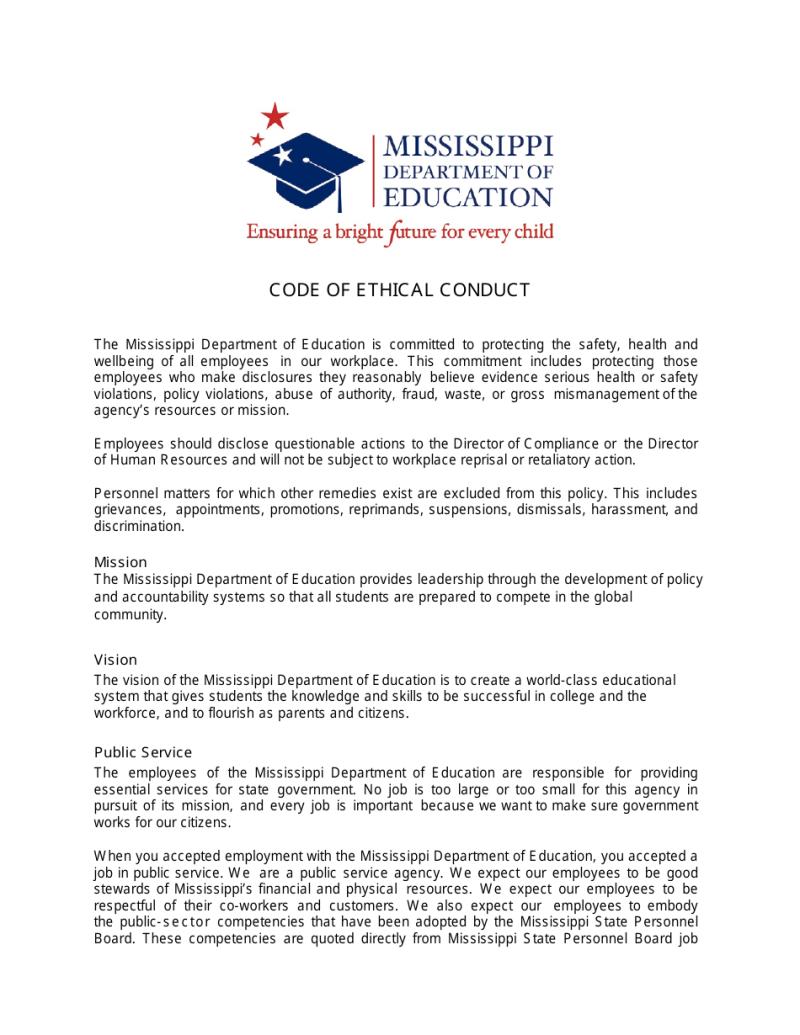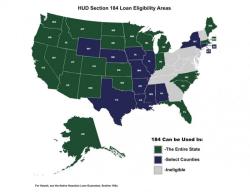What is the Code of ethics in real estate?
The Code of Ethics in real estate refers to a set of ethical guidelines and standards that real estate professionals commit to follow in their professional conduct. These codes are established by real estate industry organizations to promote integrity, fairness, and ethical behavior among real estate agents, brokers, and other professionals. The National Association of Realtors (NAR) in the United States is one of the most prominent organizations that has a well-known and widely adopted Code of Ethics for real estate professionals.
Key components of the real estate Code of Ethics typically include:
Honesty and Integrity:
- Real estate professionals are expected to conduct business with honesty and integrity. This includes providing accurate and truthful information to clients and other parties involved in transactions.
Client Representation:
- Agents have a fiduciary responsibility to their clients, which means they must prioritize their clients' interests and act in their best interest. This involves loyalty, confidentiality, and full disclosure of relevant information.
Fair Treatment:
- Real estate professionals must treat all parties fairly and avoid discrimination in any form. Fair housing laws are emphasized, and agents are expected to provide equal service to all clients and customers.
Competence:
- Agents are expected to be knowledgeable and competent in the areas of real estate they practice. If they lack expertise in a certain area, they are encouraged to seek assistance or disclose their limitations to clients.
Cooperation with Other Professionals:
- Real estate professionals are expected to cooperate with other agents and brokers, promoting a spirit of collaboration and professionalism in the industry.
Advertising and Marketing:
- Truthful and accurate advertising and marketing practices are emphasized, ensuring that property listings and promotions are not misleading.
Conflicts of Interest:
- Agents are required to disclose any potential conflicts of interest and act in a manner that prioritizes the client's interests over their own.
Professional Development:
- Real estate professionals are encouraged to stay informed about changes in laws, regulations, and industry practices through ongoing education and professional development.
Ethical Obligations to the Public:
- Real estate professionals are expected to contribute to the well-being of the communities they serve, engaging in activities that enhance the public's understanding of real estate and promoting better housing opportunities.
Enforcement and Compliance:
- The Code of Ethics outlines procedures for enforcing ethical standards and handling disputes. Local Realtor associations often have mechanisms for mediating and resolving ethical complaints.
It's important to note that adherence to the Code of Ethics is typically voluntary, but many real estate professionals choose to become members of organizations such as the National Association of Realtors (NAR) and commit to following these ethical guidelines as a condition of membership. Violations of the Code of Ethics can result in disciplinary actions, including fines, suspension, or expulsion from professional organizations.
Real estate professionals who subscribe to a Code of Ethics are seen as more trustworthy and reliable by clients and customers, contributing to a positive and ethical image of the real estate industry.
How does the Code of Ethics impact real estate practices and transactions?
The Code of Ethics plays a crucial role in shaping real estate practices and transactions in several key ways:
1. Protecting Consumers:
- Fiduciary duty: The Code emphasizes the agent's fiduciary duty to act in the best interests of their client, whether buyer or seller. This means advocating for their client's needs, disclosing all material information, and avoiding conflicts of interest.
- Fairness and honesty: Real estate professionals must treat all parties involved in a transaction fairly and honestly. This includes providing accurate information about properties, avoiding discriminatory practices, and refraining from misleading or deceptive advertising.
- Informed consent: Clients deserve to be fully informed about the entire transaction process, including fees, commissions, and potential risks. The Code requires agents to disclose all relevant information and obtain informed consent before proceeding.
2. Promoting Professionalism:
- Competence and due care: Agents are expected to maintain professional knowledge and skills, perform their duties diligently, and avoid negligence. This ensures trust in the industry and protects all parties involved in transactions.
- Confidentiality: The Code underscores the importance of protecting client confidentiality. This means keeping client information secure and avoiding unauthorized disclosures.
- Respect and cooperation: Real estate professionals are expected to treat colleagues, clients, and the public with respect and courtesy. This fosters a positive working environment and promotes cooperation in achieving successful transactions.
3. Enhancing Market Integrity:
- Truthfulness in advertising: The Code prohibits false or misleading advertising of properties. This promotes accurate information and fair competition within the market.
- Anti-discrimination: Real estate professionals are forbidden from engaging in discriminatory practices based on race, religion, gender, or any other protected category. This ensures equal access to housing and protects vulnerable individuals from unfair treatment.
- Reporting professional misconduct: The Code encourages members to report ethical violations by themselves or their colleagues. This promotes self-regulation and upholds the integrity of the profession.
Overall, the Code of Ethics acts as a guiding light for real estate professionals, shaping their conduct and ensuring ethical practices throughout the buying and selling process. By adhering to its principles, real estate agents can build trust with their clients, contribute to a fair and honest market, and ultimately help create a positive experience for everyone involved in a real estate transaction.












